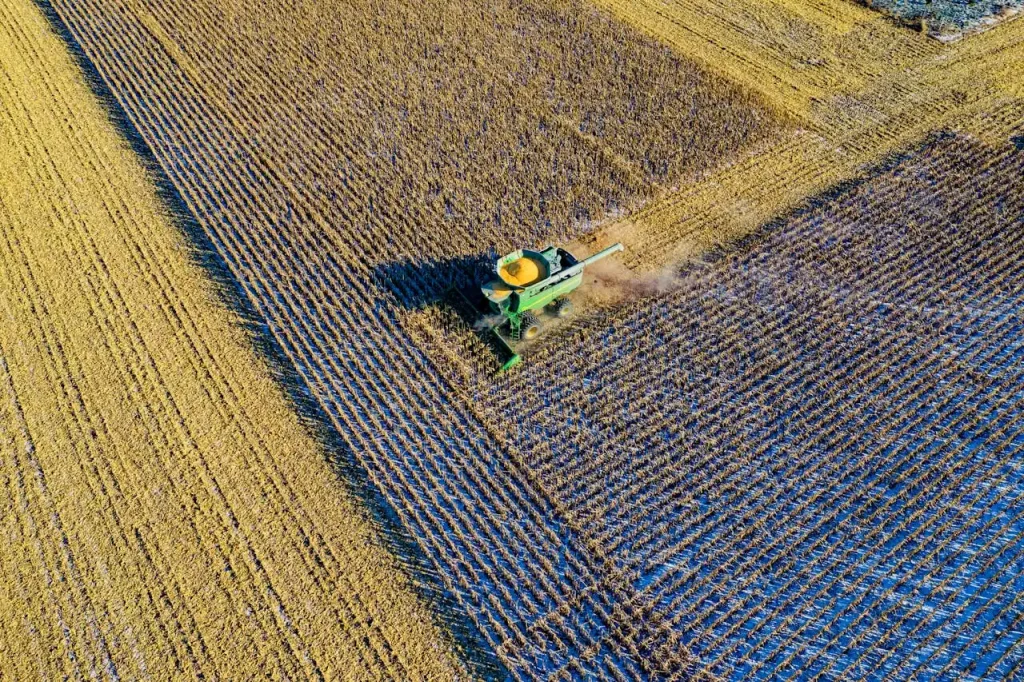Context:
The Centre is considering to allocate Rs 6,000 crore to advance precision farming, a modern technique that leverages smart technologies like the Internet of Things (IoT), Artificial Intelligence (AI), drones, and data analytics.
What is smart/precision farming?
- Precision farming/agriculture is a contemporary farming management strategy that utilizes technology to monitor, measure, and adapt to variations in crops and fields.
- This method seeks to enhance agricultural productivity by customizing farming practices to the specific conditions within a field, ultimately improving overall efficiency and sustainability.
About Smart Precision Horticulture Programme:
- Aimed under the existing Mission for Integrated Development of Horticulture (MIDH).
- Will cover 15,000 acres over five years (2024-2029).
- Expected to benefit around 60,000 farmers.
Govt Steps taken for promoting smart agriculture:
- Currently Agricultural Infrastructure Fund has provisions for financing smart and precision agriculture.
Centre of Excellence for International Collaboration:
- The Centre is exploring partnerships with the Netherlands and Israel for tech-based farming solutions.
- Plans to establish 100 Centres of Excellence (CoEs) over the next five years; currently, 32 CoEs exist under the Indo-Israel Agriculture Project.
Agriculture Infrastructure Fund (AIF):
- It was launched during COVID-19 to finance smart agriculture projects.
- Under AIF, Eligible borrowers include individual farmers, Farmer Producer Organizations (FPOs), Primary Agricultural Credit Societies (PACS), and Self-Help Groups (SHGs).
It offers a 3% interest subsidy for adopting technological solutions such as:
- Farm automation
- Drone usage
- Specialized sensors
- Blockchain and AI applications
- Remote sensing and IoT
Precision Farming Development Centres (PFDCs):
- 22 PFDCs established across various states to test and adapt new technologies to local needs.
- Locations of PDFCs are: – Agricultural universities, ICAR institutes, and IITs in various states (e.g., Tamil Nadu, Karnataka, UP, Punjab).
- The Centre also releases funds to states/UTs for projects involving the use of AI and machine learning, under schemes like the National e-Governance Plan in Agriculture.
Significance:
- This initiative aims to transform the agricultural landscape by integrating technology, enhancing productivity, and promoting sustainable practices among farmers.
- It will maximize resource use (water, fertilizers, pesticides).
- It will increase production quality and quantity.
- It will provide resilience against climate change and other uncertainties.
- It will promote sustainable farming practices.

